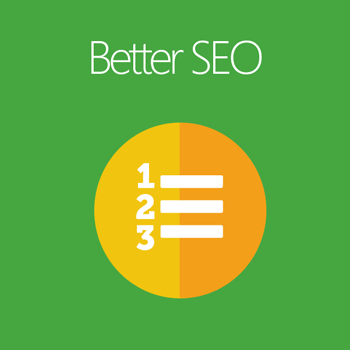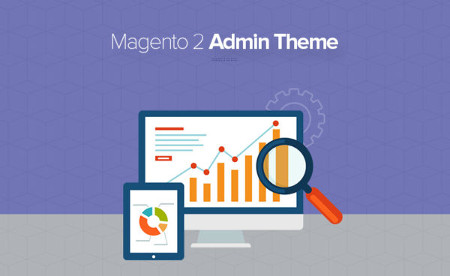
We’re excited to hear your project.
Let’s collaborate!

Informative, entertaining, engaging and... a key revenue source! These are just some of your expectations regarding your Magento 2 blog, right? Well, then, get ready to check them all off your “wishlist” digging through my shortlist of can't-believe-its-free Magento 2 blog extensions.
From SEO-oriented to shipping-focused features, from functionalities centered on social media to those geared at enhancing page loading speed, these 9 extensions are, each, extra functionalities to inject into your blog.
So that it (your blog) should serve your specific needs and help you reach your goals. And that without having to “stretch” your budget (there are only 100% free extensions in this list)...
Oh, yes: and they're all wearing the signatures of certified Magento partners!
And now, let's get straightaway to these must-have Magento 2 extensions that you should be turbocharging your blog with:
Let's review a visual/aesthetics-oriented extension first things first.
For, as above-mentioned, a “money-making” blog shouldn't be purely informative and helpful, but... engaging, visually-arresting, as well.
So, imagery does play its major part here!
Now here are a few of this extension's key features:
A blog is the ultimate channel of communication with your brand's audience. With your e-store's regular and potential customers.
Well, then moving from standard communication to... instant communication is a must if you want to meet their expectations. And this is what makes Facebook Live Chat one of the must-have free Magento 2 blog extensions.
It's that chatbox incorporated into your blog that's powerful enough to turn “just” guests into loyal customers.
And now, let me point out to you some of its most powerful features:
A must-have extension for your Magento 2 blog if you care enough about the user experience that you provide there. And page loading speed does play a key role in improving/negatively impacting it. 
Moreover, besides optimizing your blog's performance, Magento 2 lazy load creates some aesthetically-pleasing image transitions influencing the UX.
But let's get deeper into details and “unearth” all those advanced features that make this extension one of the must-haves:
Inject Better SEO into your blog and... propel it in the search engines results!
And it's not “just” packed with clever features, but ideally easy to use, as well. Built to fit into your blog's existing code structure and to empower you to customize it to serve your SEO goals in detail.
I'm talking here about:
… that this extension's flexible enough to allow you to insert quick and easy.
Now that we've settled that Better SEO makes an ideally customizable, blog/store-friendly extension, let's check out its powerful features:
Applying a marketing strategy that lacks the proper data-fuel is like aiming at a target... blindfolded. 
So, if relying on pure chance doesn't define you and if you want to go beyond the data provided to you by the native Magento 2 reporting functions, go with Exto Analytics.
Here are some more heavy-weighing reasons to do so:
From user experience to... admin experience.
As your own blog's admin, you should also consider making your dashboard's more user-friendly and intuitive.
For a high level of convenience on your side will bubble up, eventually, in the experiences that you'll create for your visitors.
But let's see specifically what makes Admin Theme one of the best Magento 2 blog extensions to use:
It does precisely what its name says: it keeps loading content, without interruption, as your blog guests scroll down.
Fluidity in the way you present content to your readers translates into improved user experience!
And now, let's scan through this extension's specific features:
Now, let's imagine that you don't own a blog yet, “only” an e-store.
And that now you want to integrate a simple blog, as well. One that should:
Checked, checked, checked!
The Better Blog is undoubtedly one of the must-go-to Magento 2 extensions no matter the size of your current e-commerce site.
Once integrated into your Magento store's backend, you'll get to manage both your store and your blog from the very same place.
Here are the main reasons why it still is one of the best Magento 2 blog extensions:
In short: you get to integrate a simple blog with your e-store with no need for a third-party framework!
Moreover, you'll be managing comments, categories, posts, right from your Magento 2 admin, quick and easy.
And you'll get informed each time when a blog guest has posted a comment, not to mention that the extension grows into a powerful “ally”, supporting your SEO efforts.
One of the must-have Magento 2 extensions without question!
A powerful extension to “turbocharge” your Magento 2 blog with so you:
And it does all that by providing your blog with configurable port and host.
Now, let's go through its cool features:
The END! These are the 9 best Magento 2 blog extensions that you should be using. Scan them through, “weigh” their feature loads while setting them against your own needs and growth plans for your blog and... go for the most suitable ones!

We’re excited to hear your project.
Let’s collaborate!